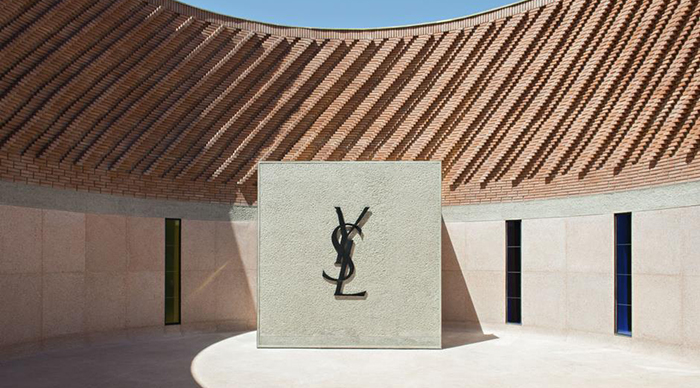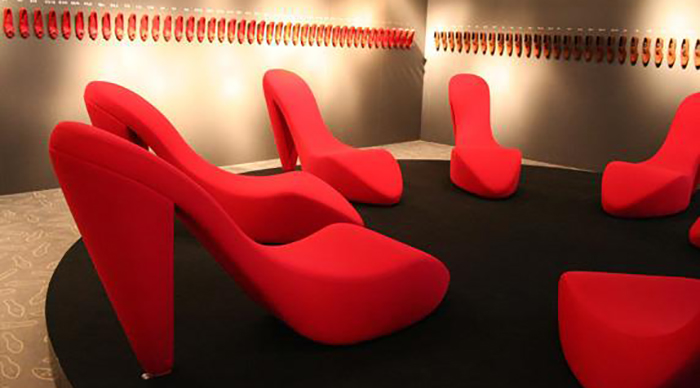Several museums focus on fashion, but they’re limited to certain couturiers, and until recently there were very many of them. Fashion has been seen as an art form for many decades and big-name designers are increasingly demanding their place, with more interest from the haute couture world to highlight their companies using their creators’ names.
As far as art and clothing are concerned, as the 20th century advanced, fashion became increasingly important, but in recent decades it’s really made substantial inroads into the art world.
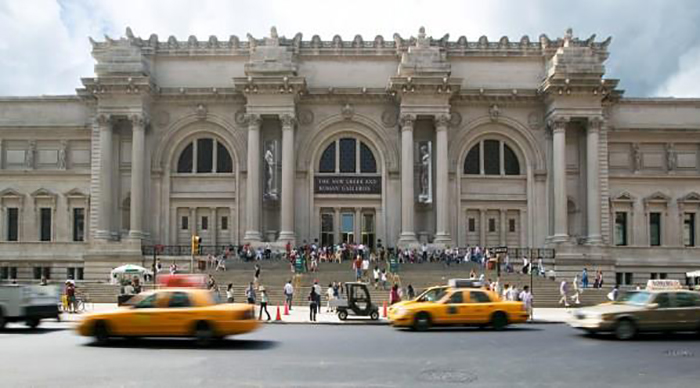
The world’s big art galleries have succumbed, and over time, some of the leading ones, like the Louvre, the Met and the Guggenheim in New York, and the Thyssen-Bornemisza have started regularly putting on outstanding exhibitions devoted to different aspects of the textile industry.
As the trend started to take hold, museums specialising in the art of clothing began to appear in Europe: the City of Paris Fashion Museum with a collection of more than 70,000 articles, the Museo del Traje in Madrid with more than 20,000 pieces in the historical and contemporary collections, the Victoria and Albert Museum in London focussed on decorative arts and design, and more recently the MoMu (Mode Museum) in Antwerp that opened in 2002 organises changing theme exhibitions about designers or fashion-related topics.
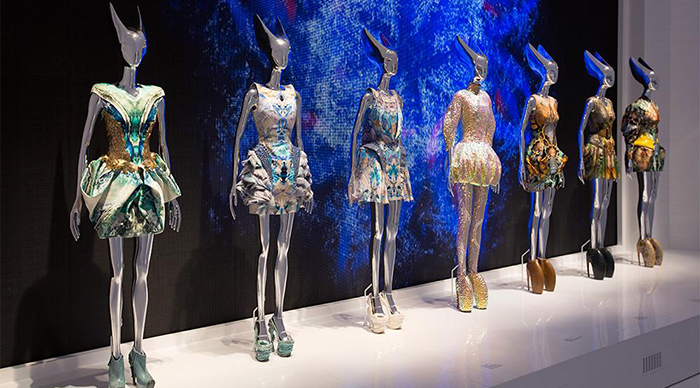
Outside of Europe, two museums deserve special mention: The Kyoto Costume Institute, which focuses on the origin of fashion in different cultures, especially western clothing, and the Fashion Institute of Technology (FIT) in New York with more innovative cuts and contemporary avant-garde fashion.
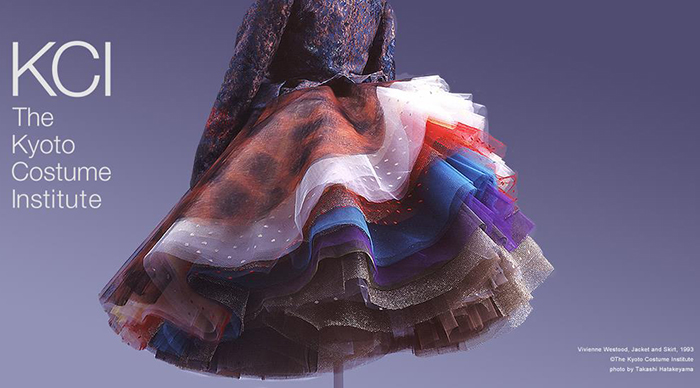
However, this specialisation of art centres in the world of fashion has been growing, and lately, the exclusive luxury brands have also created their own exhibition spaces devoted to their founding couturiers. Examples include the Salvatore Ferragamo and Gucci museums in Italy, Balenciaga in Spain, Louis Vuitton and Christian Dior in France, and the recently opened Yves Saint Laurent museums in Paris and Marrakesh.
Salvatore Ferragamo
The museum dedicated the life and work of the shoemaker, Salvatore Ferragamo, who worked with many Hollywood stars, opened in Florence in 1995. The collection includes different aspects of his work and also exhibits the Italian master’s fascination with the avant-garde movements of the 20th century, along with collaborations with other artists at the time.
Gucci
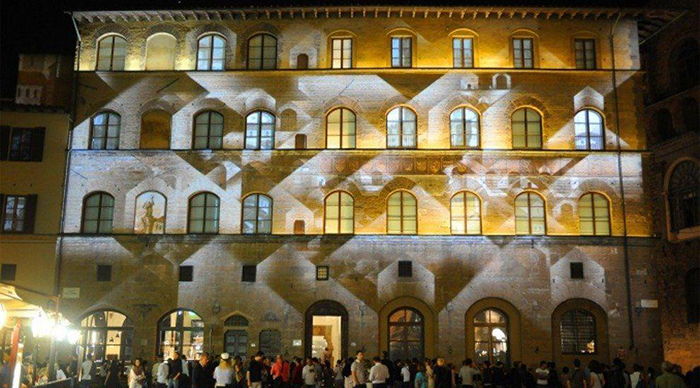
Gucci Garden is home to the Gucci Museo inside the historic Palazzo della Mercanzia in Florence, where the craftsman, Guccio Gucci, founded the firm in 1921. The 1700m2 museum is spread over three floors with a collection of the Gucci’s most emblematic pieces. The space also includes a restaurant by the three-Michelin-star chef, Massimo Bottura.
Dior
The house where Christian Dior grew up in Granville, France was turned into a museum in 1988 to house different exhibitions spanning the couturier’s career and also exhibits pieces from other designers who worked for Dior.
Balenciaga
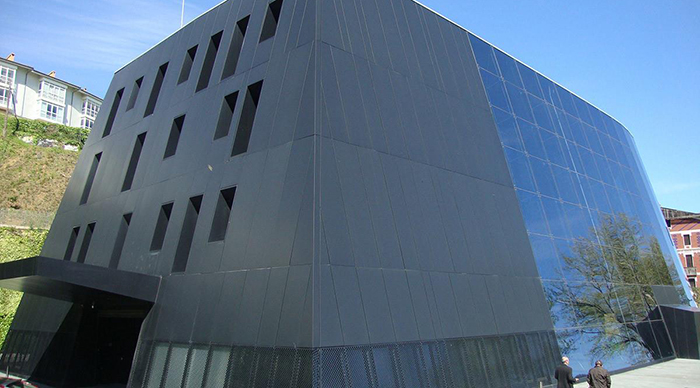
One of the most influential designers of the 20th century, Cristóbal Balenciaga, was born in Getaria, a small fishing village in Guipúzcoa (Basque Country, Spain). A visit to the museum in the Balenciaga’s hometown, which also bears his name, is essential to truly appreciate his iconic designs that took Paris by storm for over 30 years.
Yves Saint Lauren
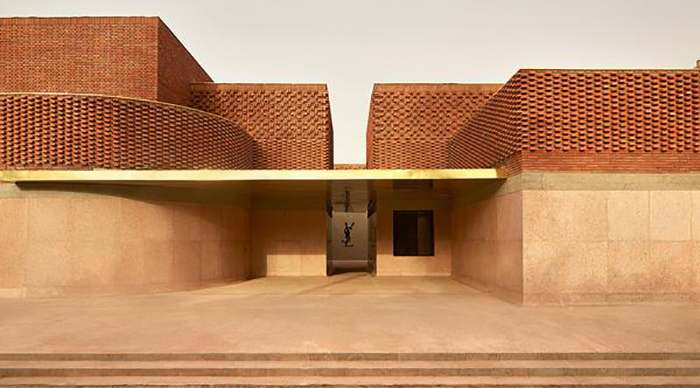 The two museums opened in Paris and Marrakesh in 2017, where the designer spent much of his life, and have thousands of pieces spanning Saint Laurent’s extensive career on display. The collection, starting from 1962, covers more than 40 years of his work at the helm of one of the world’s most prestigious fashion houses.
The two museums opened in Paris and Marrakesh in 2017, where the designer spent much of his life, and have thousands of pieces spanning Saint Laurent’s extensive career on display. The collection, starting from 1962, covers more than 40 years of his work at the helm of one of the world’s most prestigious fashion houses.
